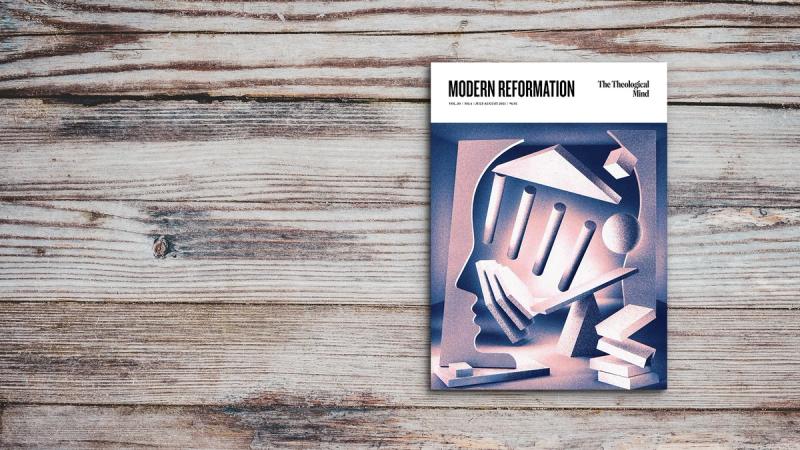If the world hates you, know that it has hated me before it hated you. If you were of the world, the world would love you as its own; but because you are not of the world, but I chose you out of the world, therefore the world hates you” (John 15:18–19). With these words, Jesus prepared his future apostles for their difficult and dangerous mission.
There’s no question that the world as a system of unbelief finds offense in Christ, so it seems bizarre that any Christian would willingly seek out persecution. We call this the “martyr complex.” I grew up in a conservative evangelical context in which we saw enemies on every side. It wasn’t necessarily the gospel that poked out like a sore thumb. It was we who tended to be annoying. That others took offense was provoked less by any hostility to our announcement of salvation—by grace alone in Christ alone through his life, death, and resurrection—than by our own fear of culture itself.
Although “the world” is a system of human rebellion in bondage to sin and death, there is also common grace. Having passed from death to life, Christians are not of this present age, but we are still in it. In Matthew 5:43–45, Jesus says that this is not the era of driving out unbelievers. The martyr complex happens when we overemphasize this opposition from the world and lose our focus on what really makes us different from it. (I often wonder what unbelievers think when they see Not of This World bumper stickers—or what those Christians think who stick that on their cars!)
In the fifth chapter of the “Letter to Diognetus,” an unknown Christian apologist beautifully explains our situation today, though this letter dates to the middle of the second century:
Christians are not distinguished from other men by country, language, nor by the customs which they observe. They do not inhabit cities of their own, use a particular way of speaking, nor lead a life marked out by any curiosity. . . . As citizens they participate in everything with others, yet they endure everything as if they were foreigners. . . . They pass their days on earth, but they are citizens of heaven. . . . They love all men and are persecuted by all.
Christians are strange, but not because we opt out of culture to create our own separate culture. We’re strange because we preach Christ as the only Savior and Lord. Because we share that common curse with unbelievers, there can’t be a “Christian utopia.” Yet because unbelievers also share common grace with us, we don’t need to see them as “the enemy.” They are still blessings to us as friends, family, coworkers, and—for all we know—future citizens of a kingdom that can never be shaken.
Michael Horton is editor-in-chief of Modern Reformation and the J. Gresham Machen Professor of Systematic Theology and Apologetics at Westminster Seminary California in Escondido.






